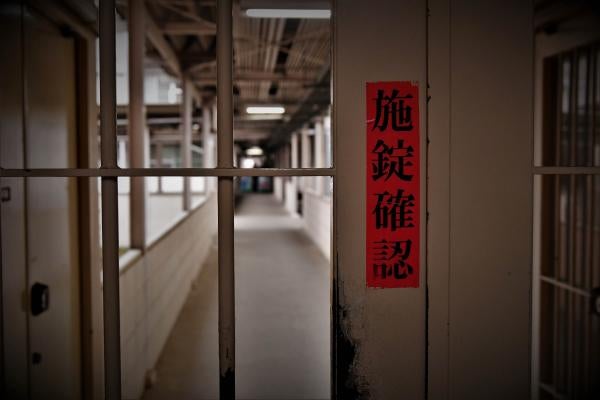Lire la version en français / Lea la versión en español
World attention is focused on the Israeli military’s attack on al-Shifa hospital in Gaza, which we looked at in detail on Monday. However, it’s important to realize the crisis is having serious impacts elsewhere too, for example in the West Bank and in Lebanon.
Ten days ago, an Israeli strike hit a family in a car going from south Lebanon to Beirut. The attack killed three girls and their grandmother, and it wounded their mother.
The latest attack came in the context of increased tensions along the Lebanon-Israel border, where rocket attacks and armed clashes between the Israeli army and various Lebanese and Palestinian armed groups have been ongoing since October 8.
The family had been traveling in the late afternoon of November 5, following heavy shelling by Israeli forces in south Lebanon earlier that day. Samir Ayoub, the girls’ uncle and a journalist, described the incident to media. He had been traveling in a separate car in front of the car that was hit.
There are so many incidents of deadly violence in the region right now, and it sometimes seems to me the world expects Human Rights Watch to respond immediately. But instant reaction to atrocities is not what we do; we are careful and methodical, and we look at a variety of evidence before we say anything.
In the case of this Israeli strike in Lebanon, for example, here’s some of the process we went through. And this is just part of it.
First, my colleague, Ramzi Kaiss, researched the incident on the ground. He also interviewed the eyewitness Ayoub, as well as an official of the civil defense team that responded to the site after the attack.
Our digital evidence experts reviewed videos of the aftermath, CCTV footage of the family’s vehicle captured before the strike, and statements by the head of the hospital to which the victims were sent. We also geolocated the videos to confirm the locations.
My colleagues also reviewed statements by the Israeli military, who admitted carrying out the strike but claimed they had hit “a suspicious vehicle containing several terrorists.” However, they have provided no further evidence to support their claim.
Finally, Human Rights Watch’s legal experts examined the collected evidence to make an evaluation of how the laws of war apply here.
Under international humanitarian law, all parties to a conflict are obligated to distinguish between combatants and civilians and to target only combatants. This attack on the car in Lebanon, we determined, showed reckless disregard by the Israeli military for this obligation.
Individuals who commit serious violations of the laws of war with criminal intent – that is, intentionally or recklessly – may be prosecuted for war crimes.
Thus, we published our findings yesterday and called the Israeli strike “unlawful,” saying it “should be investigated as an apparent war crime.” And because of our methodical approach to investigating apparent atrocities – an approach we take in all conflicts everywhere around the world – we feel confident in our assessment.
I know our approach may seem too slow for some, but we’re not in a race to be first to publish. Lives – and, we believe, someday justice – are at stake here, so our aim is to get it right.








